Double Your Impact – World Vets Responds to Bush Fires in Australia
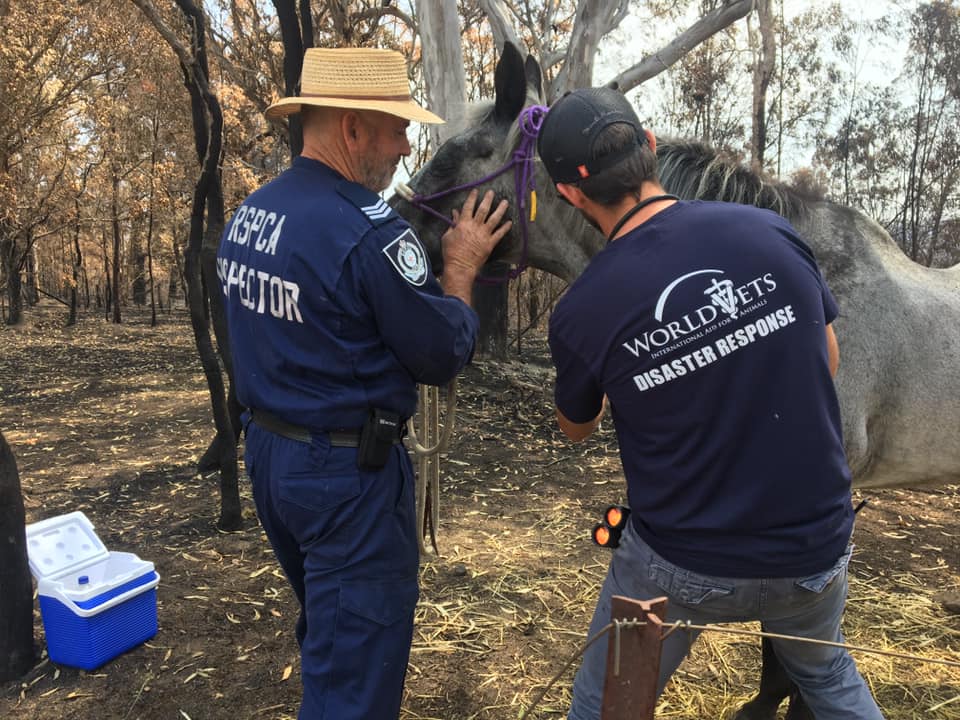 DOUBLE YOUR IMPACT! Between now and Feb 15th, Vetericyn will match all donations to World Vets up to $20,000 to help animals impacted by the Australia Bush Fires. Vetericyn has been a long time supporter of World Vets mission and we appreciate their dedication to supporting animals in need. Thank you to all who are helping Australia. Click DONATE to qualify for the match and designate your donation to Australia.
DOUBLE YOUR IMPACT! Between now and Feb 15th, Vetericyn will match all donations to World Vets up to $20,000 to help animals impacted by the Australia Bush Fires. Vetericyn has been a long time supporter of World Vets mission and we appreciate their dedication to supporting animals in need. Thank you to all who are helping Australia. Click DONATE to qualify for the match and designate your donation to Australia.
World Vets Australia-based veterinary disaster response team is on the ground and currently responding to assist injured wildlife, livestock and domestic animals, working in collaboration with the local veterinary community. Our specialized team is comprised of Australian veterinarians and technicians with experience in disaster relief and mixed animal veterinary medicine including native wildlife. We are collaborating with Sydney Animal Hospitals Northern Beaches and other veterinary clinics in New South Wales as well as other NGO’s, government agencies and rescue groups.
Please consider making an emergency donation to support this effort.


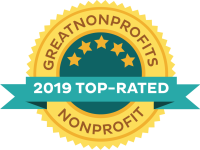
World Vets is a registered 501c(3) Non Government Organization. All donations to World Vets are tax deductible. Tax ID # 20-4637447
WORLD VETS IS AN INTERNATIONAL VETERINARY AID ORGANIZATION





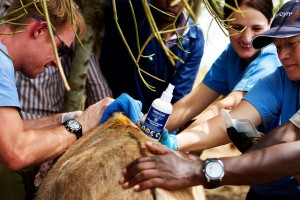 For an insightful look at the working conditions as well as the cases seen by a World Vets team, we invite you to read one of the recent posts from “pawcurious” about World Vets Team Arusha. Check out
For an insightful look at the working conditions as well as the cases seen by a World Vets team, we invite you to read one of the recent posts from “pawcurious” about World Vets Team Arusha. Check out 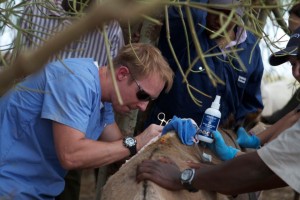 The donkeys in Arusha Tanzania are getting much need veterinary care from a World Vets team this week. These donkeys are owned by the Maasai, Meru and Arusha people who rely on them to transport water and firewood on a daily basis. A big thanks to the great people at Vetericyn Wound Spray for helping make this project possible!
The donkeys in Arusha Tanzania are getting much need veterinary care from a World Vets team this week. These donkeys are owned by the Maasai, Meru and Arusha people who rely on them to transport water and firewood on a daily basis. A big thanks to the great people at Vetericyn Wound Spray for helping make this project possible!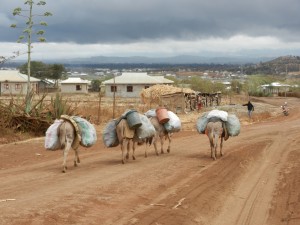 Later this month World Vets will have a team in Tanzania. The objective of their visit will be to provide veterinary care for the working donkey population. Donkeys are primarily utilized for hauling anything from bricks to wood to produce and/or water. As a result of their use as laborers, they often carry many wounds and/or lacerations that become infected if left untreated.
Later this month World Vets will have a team in Tanzania. The objective of their visit will be to provide veterinary care for the working donkey population. Donkeys are primarily utilized for hauling anything from bricks to wood to produce and/or water. As a result of their use as laborers, they often carry many wounds and/or lacerations that become infected if left untreated.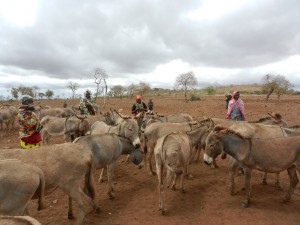 s.
s.